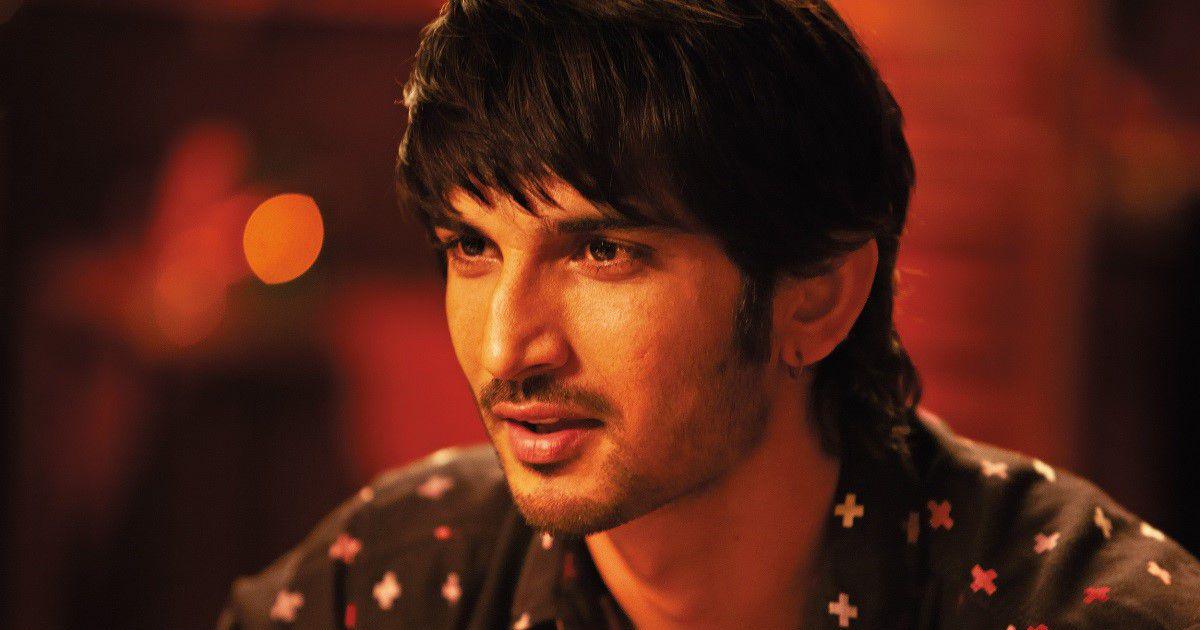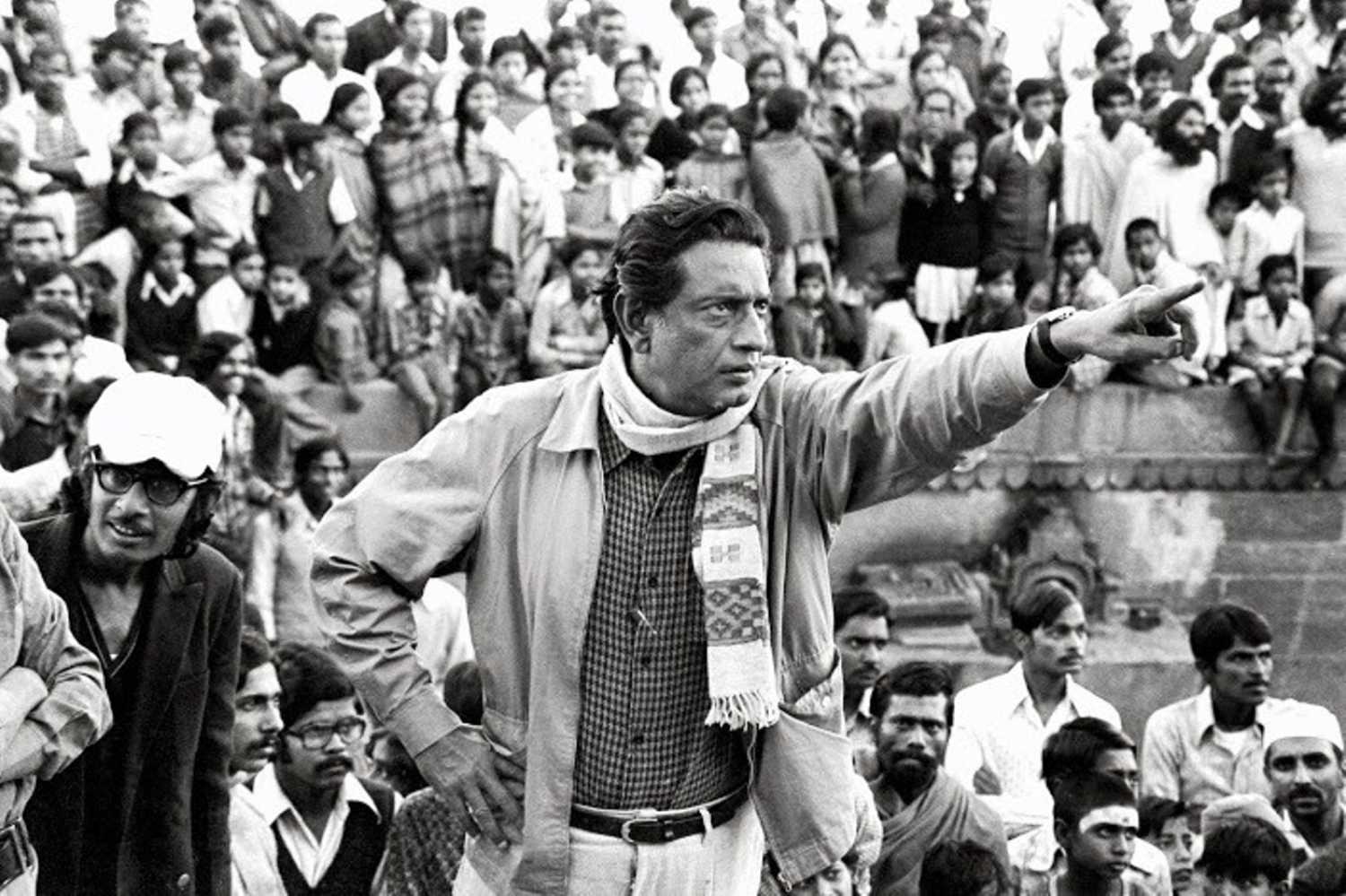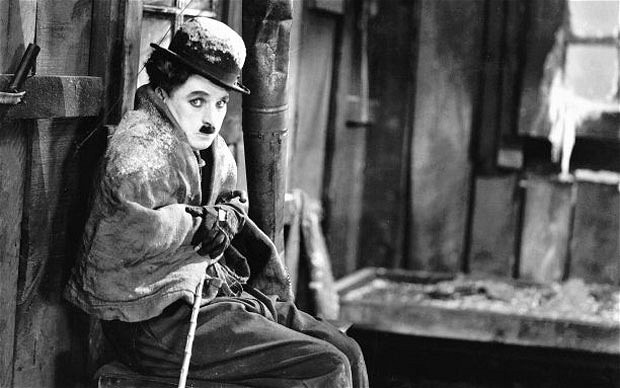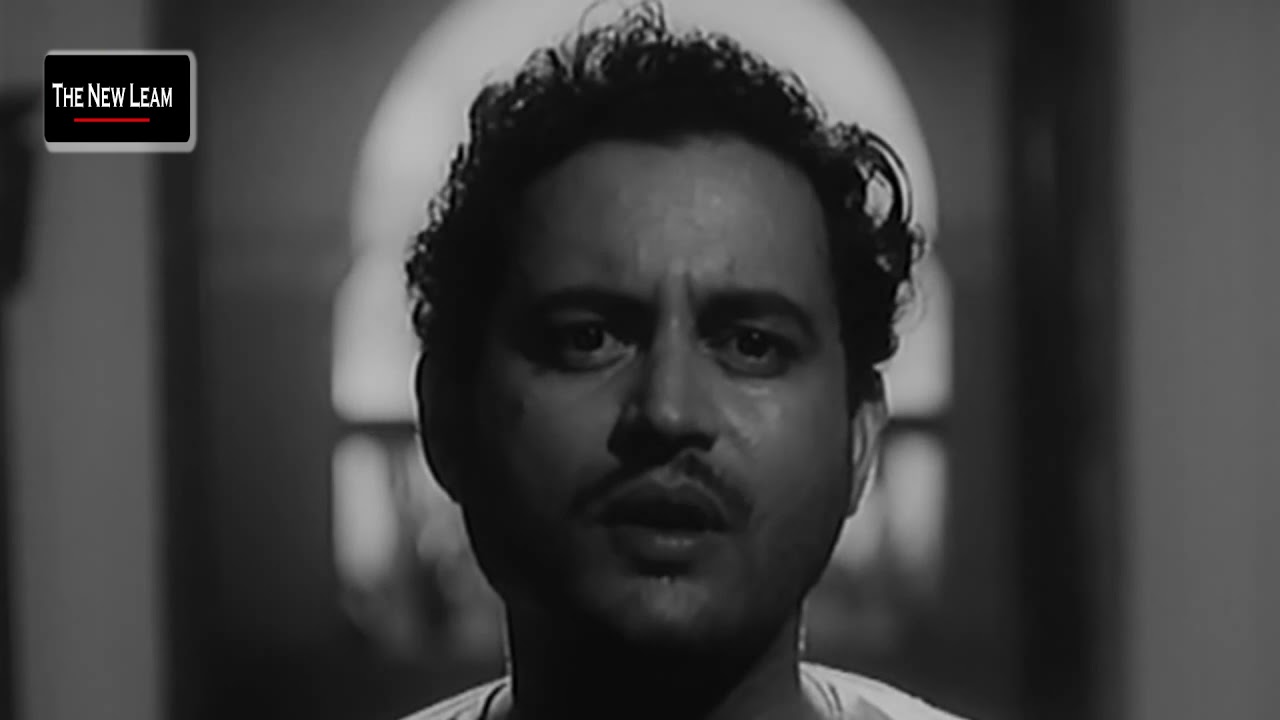
Rhea Chakraborty has been booked over charges of arranging and procuring cannabis, and for financing late actor Sushant Singh Rajput’s cannabis consumption. The Narcotics Control Bureau arrested the actress on September 8th under the Narcotic Drugs and Psychotropic Substances Act, 1985 and sent her to 14-day judicial custody after a three days long interrogation wherein she admitted to the charges of aiding SSR’s drug use. Today, she has moved the sessions court for her bail.
Ever since her last public appearance outside the NCB office, a campaign has been swelling on social media demanding justice for her. The campaign that is trending with the hashtag “Smash the Patriarchy” has seen support pouring in from a long list of female Bollywood celebs, and few male ones. Notwithstanding the fact that this support was largely missing before the NCB got involved, or let’s say the widely favoured drug got involved, the campaign reiterates the need to bring the institution of patriarchy in the Indian context under critical scrutiny.
This campaign attacks the politically motivated criminal justice system of the country that is grounded in superlatives of misogyny and witch hunting ideologies. From the very start, Rhea has been targeted as the prime convict in the case of the actor’s death. The procedural activities of the police, the investigation agencies, the state and the central governments and the courts have from the very beginning been marred by accusations of being politically motivated and thus unfair. There was no semblance of a fair trial in the case against Rhea, filed by Sushant’s family for alleged manipulation, money laundering, wrongful confinement, cheating and abetting his suicide. The TV news reportage on major news channels had already riled up a malicious media trial against Chakraborty guided by and in turn guiding the audience through misogynistic tropes of witch/gold-digger/manipulative female partner to explain the case. Clearly, the fairness of the trial had been sabotaged and the media reporting played a major role in shaping the case so far. And now as private chats of the actress about drug consumption began to appear and the Enforcement Directorate transferred the case to the NCB, she is being maligned for her lifestyle choices, a fact enough to destroy the credibility of a woman living in India. But the campaign that appeared a little too late emerges out of the discomfort that what Rhea is being subjected to is mob justice or vigilante justice which is supplementing and influencing the large criminal justice system of the country.

This time the discussion over Indian patriarchy’s misadventures intersects with India’s tryst with drug use and mental illness. In other words, Rhea’s drug use revelation and the treatment she received because of this brings into question why the use of cannabis is still not legalised in India, a question that can render NCB’s role in the case completely meaningless. Cannabis is illegally consumed by an estimated 3 crore Indians, if not more. Moreover, Sushant’s consumption of the drug to self-treat his mental health condition is not being seen for what it is, which is his use of the drug as a personal choice he made as a grown-up individual/adult. It is instead being seen as an utterly misdirected excuse to penalise someone in the case, lest it should attract disrepute to the investigation and loss of trusted votes from Sushant’s fans. And who better than the woman in question to make a scapegoat out of? Additionally, the stigma and the law against using the drug has caused an irreversible damage to both Rhea and her family. Bollywood celebs speaking in Rhea’s support now understand this. The campaign highlights the notion that most of the cases of mob justice are pre-planned acts drawing their affective charge from an often imagined injury of displaced hierarchy, the transgression of a norm and threat to the social order.
And the usual victims of these cases are women, muslims, adivasis, dalits and queers. They are victims of an unjust system of justice. How is it that in case of Sushant’s death, the search for a convict has been relentlessly pursued from day one, but in a stronger case of actor Jiah Khan’s suicide, where a suicide note was found where she accused Suraj Pancholi of causing her to take her life, there has been no arrest so far?













